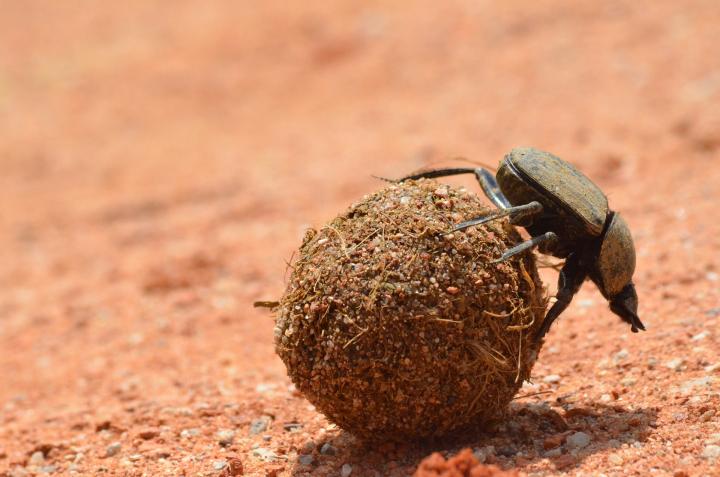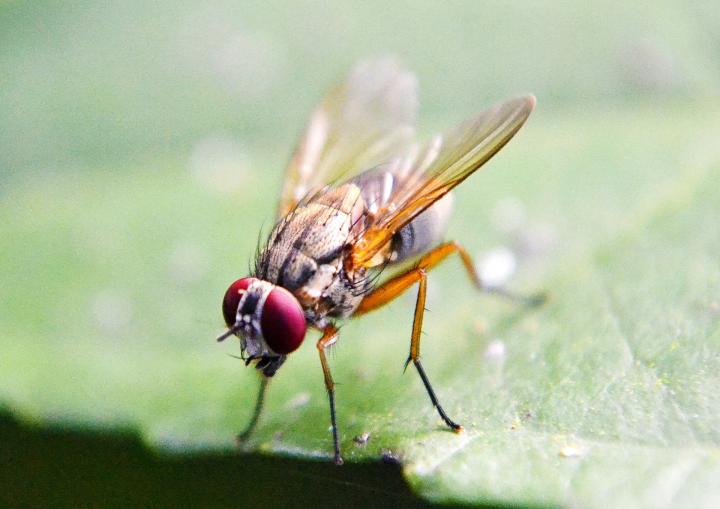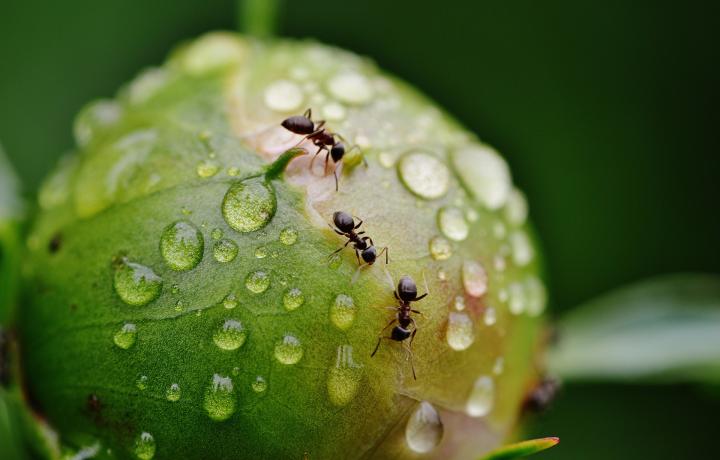Summer is here and with it come the bugs. What possible reason can there be for their existence other than to bother us? As a gardener and small farmer, let me tell you—we need bugs more than they need us. Really! Discover five reasons we need insects, all that we humans have learned from the way they work, and cool insect facts.
Judging by all the different products on store shelves aimed at eradicating insects of all kinds, the world would be a better place without them… or would it? It is estimated that there are 200 million insects for each person! That’s a lot of bugs.
Sure, there are some “bad” bugs: crop pests destroy billions of dollars worth of food every year, a single locust eats it own body weight daily, and many deadly diseases are transmitted to humans by insects. However, only about 1% of all insects and mites are harmful. Almost all bugs play a very important role in our survival.
5 Reasons Why We Need Insects
- Insects form the base of the food web, feeding fish, birds, reptiles, amphibians, and mammals. Those pesky mosquitoes and gnats provide food for fish, bats, and birds. Sixty percent of the world’s birds are insect eaters and one quarter of the world’s human population includes insects in their diet.
- Called “6-legged lifesavers” by some, insects not only provide food—they also keep harmful organisms in check. One wasp can eat 2 pounds of other insects in a 2,000 sq.ft. garden. Spiders eat 400-800 billion tons of insects a year! A ladybug is a voracious meat eater and may eat as many as a thousand aphids during its larval development, plus several hundred more while it’s an adult and is producing its eggs.
- Insects’ role in the pollination of plants is nearly incalculable. Pollination is a win-win. The insects get fed by the pollen and nectar they gather, while the fertilized plants are able to form fruit and set seeds. They pollinate 85% of wild plants and 75% of agricultural crops. Specific interactions called mutualisms have evolved over time and certain insects are the only pollinator for some plants, like figs and the fig wasp.
- Many insects disperse the fruit and seeds from plants so that they can spread across long distances without relying on wind pollination. For example, ants disperse the seeds of about 11,000 different plants. Seeds that are not consumed germinate along paths used by ants. By utilizing insects such as ants, plants ensure that their seeds are dispersed over long distances without having to rely solely on wind.
- Not only do insects feed us, but they break down and clean up our waste, too. Without them, we’d be knee-deep in—well, you know! Acting as nature’s tiny janitors, insects, fungi, and bacteria break down and recycle dead matter to form new life. They clean up dung, dead plants, and animal bodies and return them to the soil as nutrient-rich organic matter. For example, blowflies and flesh flies eat dead animal and plant waste and recycle it into the ecosystem as they produce waste or are themselves eaten.

Image: Dung beetles keep grazing land usable by removing animal waste and digging tunnels that aerate the soil.
What We’ve Learned From Bugs
Insects have been incredibly successful on Earth and we humans have learned a lot from the way they work:
- Dragonflies not only eat mosquitoes, but also inspired modern drone technology.
- Termites inspired passive cooling systems used in buildings.
- Called surgical maggots, the larvae of blowflies are used to cleanse hard-to-heal wounds by eating dead tissue and pus. They also produce substances that alter the pH of the wound, limiting growth of bacteria while promoting the growth of healthy new tissue.
- The gut bacteria found in some mealworms can digest polystyrene and the larvae of the greater wax moth eats plastic shopping bags.
- Some antibiotics have been developed from the natural compounds ants produce to protect themselves from infections by bacteria and fungi.
- Fruit flies are used in biomedical research and have been an integral part of at least 6 Nobel prize–winning discoveries.

We take for granted some direct products and services insects provide for us, such as:
- Silkworms produce fiber for cloth and thread.
- Honeybees give us beeswax for candles, polishes, salves, and cosmetics—and also provide honey.
- The lac bug gives us shellac, used not just as a wood finish but also in cosmetics and as a coating for candy and delay-release medications.
- Carmine dye, which is often used in food, drinks, jams, and lipstick, comes from a scale insect.

Ants are drawn to the nectar peony buds exude. While feeding there they do no harm and keep other bugs away!
We Need Bugs; They Don’t Need Us
Insects have been around much longer than humans and way before the dinosaurs. They were the first flying things on earth and have survived 5 rounds of mass extinctions.
We need bugs, but they don’t need us; in fact, they need us to stop trying to kill them. One quarter of all insects are thought to be facing extinction. Intensive farming and forestry practices, loss of habitat, pesticides, climate change, and introduction of invasive species all pose a threat.
Anything that affects them also affects us, and a loss of insects could have a negative impact on our ecosystem. Don’t just kill every bug you see. Get to know who is friend and who is foe before you reach for that can of Raid!
Learn more about Beneficial Insects in the Garden.












